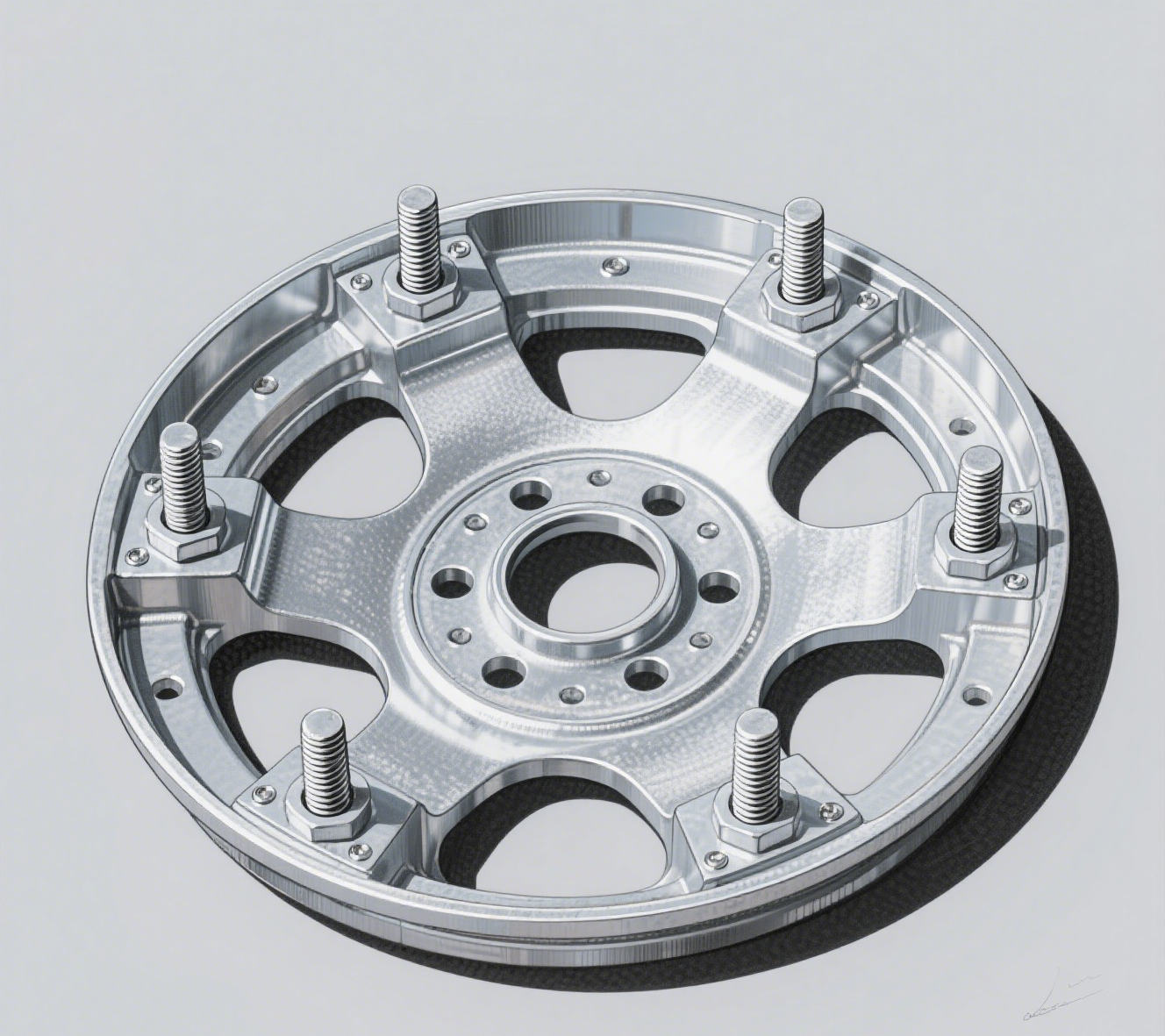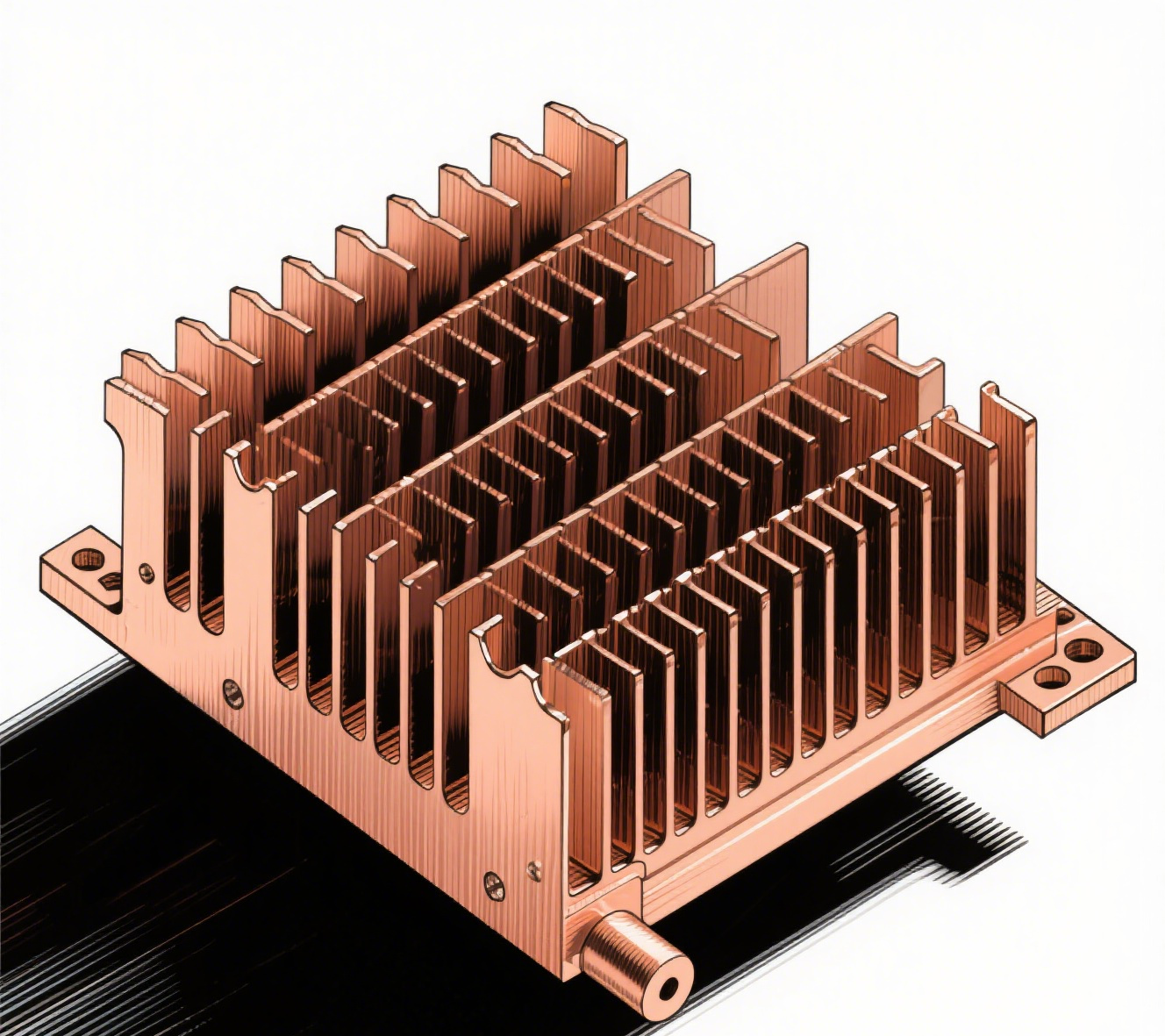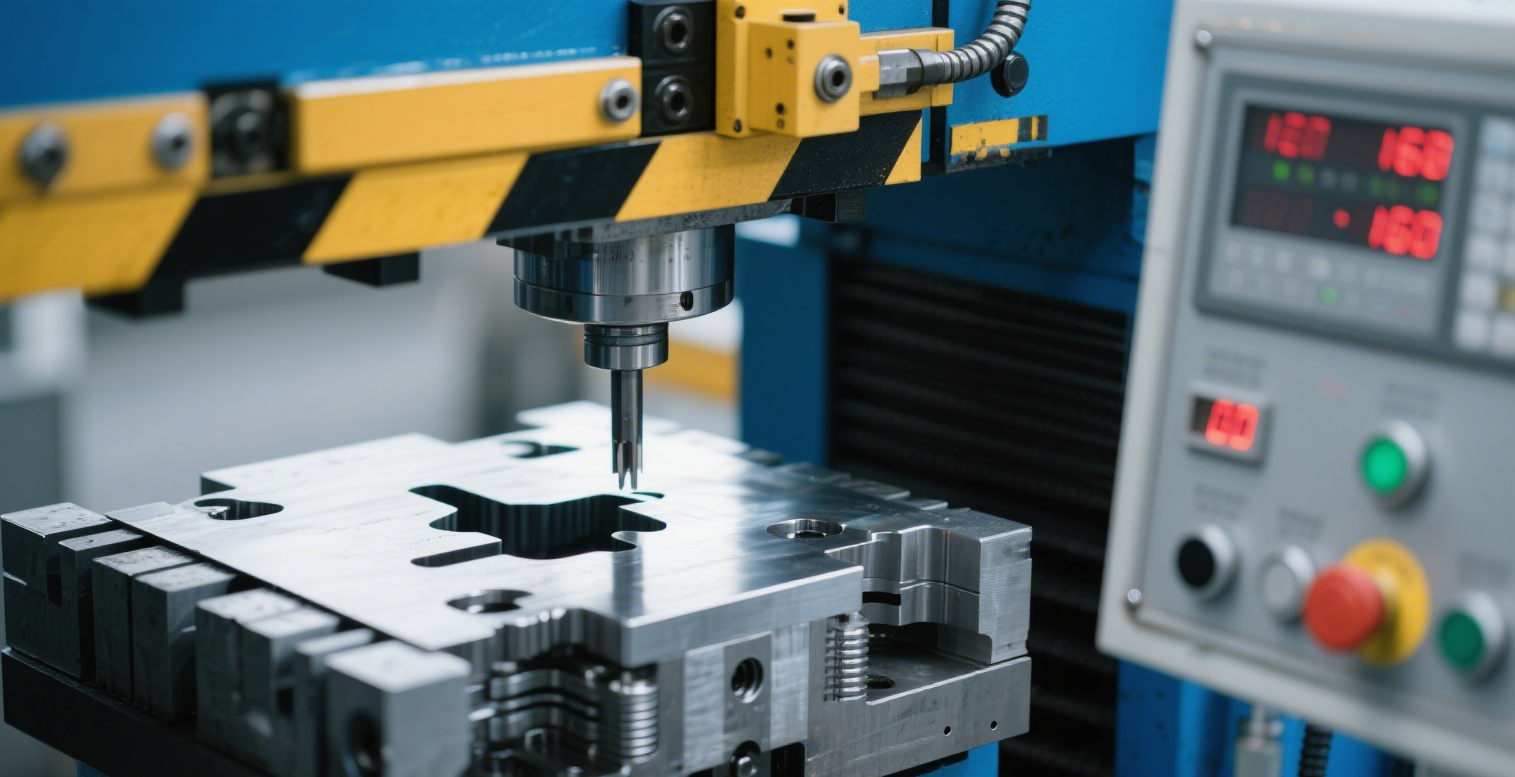T: +86-18962109320
E: james@sz-welden.com
E: james@sz-welden.com
55 Puxing Road, Linhu Town, Wuzhong District, Suzhou, Jiangsu Province, 215105, China
Views: 0 Author: Site Editor Publish Time: 2025-02-24 Origin: Site
In the medical device industry, the need for precision, reliability, and speed is more critical than ever. Manufacturers are under constant pressure to produce components that meet stringent regulatory standards while maintaining high levels of efficiency and cost-effectiveness. This is where precision stamping plays a crucial role. By offering high-speed production with tight tolerances and minimal waste, precision stamping has become an essential process for producing high-quality medical device components.

Medical devices require parts with extremely tight tolerances, as even small deviations can affect the performance or safety of the device. Precision stamping provides an efficient solution to meet these stringent demands.
In the production of medical devices, many critical parts rely on precision stamping. Components such as metal casings, connectors, and internal supports for devices like pacemakers, diagnostic tools, and surgical instruments are commonly manufactured using precision stamping. These parts must be robust and accurate, as they play a direct role in the functionality of the device and, in many cases, the safety of patients.
Precision stamping allows for the creation of complex shapes and fine details, making it ideal for producing the intricate components that medical devices require. The ability to consistently produce high-quality parts ensures that manufacturers can meet the exact specifications demanded by the medical industry.
The medical device market is highly competitive, and production efficiency is paramount. Precision stamping enhances manufacturing processes in several key ways, enabling manufacturers to meet high demand without sacrificing quality.
One of the primary advantages of precision stamping is its speed. Compared to traditional manufacturing methods like machining or casting, precision stamping is much faster. The automated stamping machines can produce parts at a much higher volume, significantly reducing production time. This means that manufacturers can meet large orders or urgent deadlines more effectively.
In the medical device industry, where innovation and demand evolve quickly, the ability to manufacture components at a fast pace is crucial. Whether it's for a new surgical tool, a medical implant, or diagnostic equipment, precision stamping ensures that parts are produced quickly without compromising on accuracy.
Precision stamping is also known for its efficiency in material use. Traditional manufacturing methods often result in significant material waste, which can increase production costs and impact environmental sustainability. In contrast, precision stamping optimizes material usage by cutting parts from metal sheets with minimal waste.
This reduction in waste is especially important in the medical device sector, where the cost of raw materials can be high. By using materials efficiently, precision stamping helps keep production costs lower while also contributing to more sustainable manufacturing practices.
Precision stamping machines are highly automated, reducing the need for manual labor. Operators can load and monitor the machines, but the stamping process itself requires minimal human intervention. This automation lowers labor costs and reduces the risk of human error.
Furthermore, the consistency of the process means that parts are produced with the same level of quality every time, eliminating issues caused by variability in human performance. This is particularly important in the medical industry, where precision and reliability are paramount.

When it comes to medical devices, quality is not just a matter of preference—it's a necessity. Precision stamping plays a significant role in ensuring that medical components meet the exacting standards required for safety, performance, and regulatory compliance.
The primary benefit of precision stamping is its ability to produce parts with tight tolerances. Even the smallest deviation in dimensions can result in a malfunctioning device or, worse, a safety hazard. Precision stamping allows manufacturers to meet these strict tolerances consistently, ensuring that the parts are made exactly as designed.
This high level of precision is essential for medical devices, where small parts often play a significant role in the device's overall functionality. For example, the connectors used in medical devices need to be manufactured with the utmost precision to ensure proper assembly and electrical performance.
Since precision stamping is highly automated, the likelihood of human error is significantly reduced. Each part is stamped to the same exact specifications, ensuring that every component meets the required safety and performance standards.
In industries like medical device production, even minor errors can lead to severe consequences. By using precision stamping, manufacturers can minimize the risk of defects and ensure that the products they bring to market are safe for use.
The medical device industry demands high-quality materials to ensure the safety and durability of components. Precision stamping allows manufacturers to use materials efficiently, ensuring that the required components are produced with minimal waste. This not only helps reduce production costs but also optimizes material resources—particularly important when using high-grade materials that may be expensive.
By minimizing material waste and ensuring that parts are cut with precision, manufacturers can produce high-quality components without compromising on material integrity.

The medical device market is evolving rapidly, with new technologies and products constantly emerging. To remain competitive, manufacturers need to be able to produce parts efficiently while maintaining the highest quality standards. Precision stamping offers several advantages that help manufacturers stay ahead in this fast-paced industry.
As medical technology advances, new products must be brought to market quickly to meet consumer and regulatory demands. Precision stamping allows manufacturers to respond more swiftly to changing needs. The ability to adjust designs and tooling quickly means that manufacturers can produce parts for new products with minimal delay.
For example, when a new medical device is developed, manufacturers can use precision stamping to quickly create the required components, reducing the time to market and allowing companies to capitalize on new opportunities before competitors do.
Medical devices are becoming more complex, with smaller and more intricate components required to meet the needs of modern healthcare. Precision stamping allows manufacturers to produce parts with complex geometries, even when they are small or require intricate detailing. This capability helps medical device companies push the boundaries of design innovation while ensuring that parts meet the required standards.
The ability to manufacture small, precise, and intricate parts means that manufacturers can create medical devices that are smaller, lighter, and more efficient—key attributes in a market that increasingly demands compact and powerful devices.
Precision stamping has proven to be an indispensable technique in the production of medical device components. It offers numerous benefits, including faster production speeds, reduced material waste, lower labor costs, and most importantly, high-quality parts that meet stringent regulatory standards. As the medical device industry continues to evolve, precision stamping will remain a critical tool for manufacturers seeking to meet the growing demand for innovative, high-performance devices.
At Welden - Smart and Precision Manufacturing, we specialize in precision stamping, delivering high-quality components that support the medical industry’s stringent requirements. Our advanced stamping techniques ensure that we can provide high-precision, reliable parts for a wide range of medical devices. We are committed to helping our clients succeed by offering efficient, cost-effective, and high-quality manufacturing solutions.To learn more about our precision stamping services and how we can support your medical device production needs, visit our website at www.sz-welden.com.